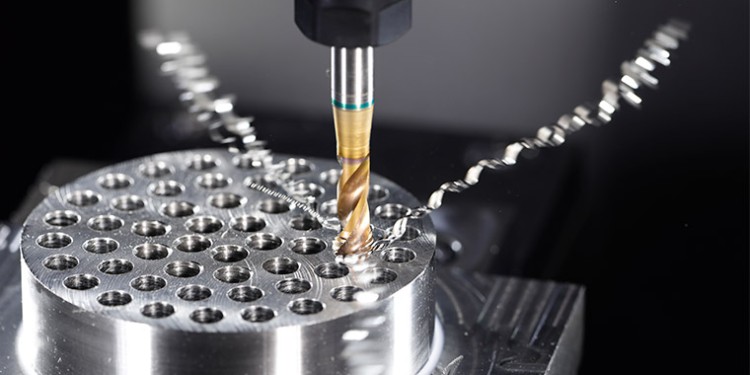Machining know-how
When does it pay to form threads instead of tapping them?
Have you ever considered switching to thread forming? Producing female threads is part and parcel of any production company’s everyday business.
Process reliability is particularly relevant for this often complex work process. In this webinar, we’ll demonstrate how this machining method can improve process reliability and tool life for you.
Once you have signed up, you can access the recorded webinar directly on the landing page:
You’ll be learning about:
Tapping
- Differences when tapping through holes and blind holes
- Chip breaking when making blind hole threads
- Lead chamfer forming
- Basics of making core holes
Thread forming
- Process features and requirements
- Advantages of thread forming
- Basics of making pilot holes
In this, we explain the differences between tapping and thread forming. You’ll learn how the type of machining influences the thread produced. We’ll also be comparing the advantages and key aspects of the different methods.


Instructor: Ivo Schmitz
Ivo Schmitz has been a technical training instructor responsible for training technical sales staff since 2019. He also has hands-on experience in mechanical engineering in the field of CNC machining. As well as providing instruction on metal-cutting tools he also provides training for the clamping technology product group.
